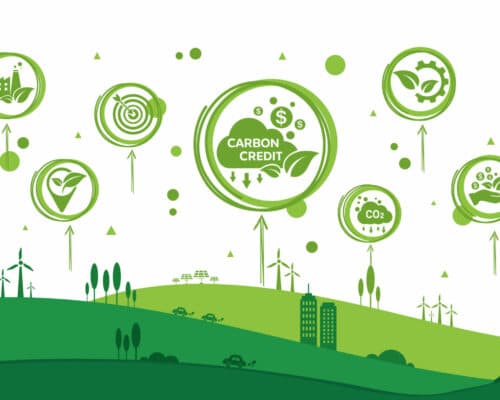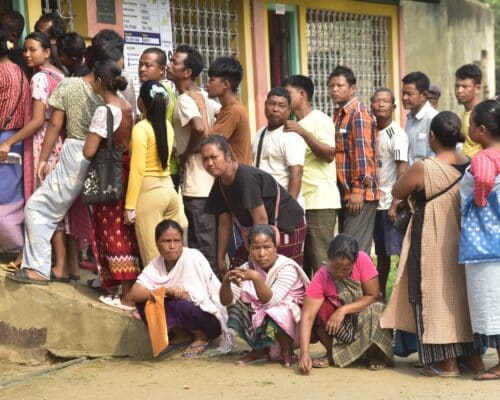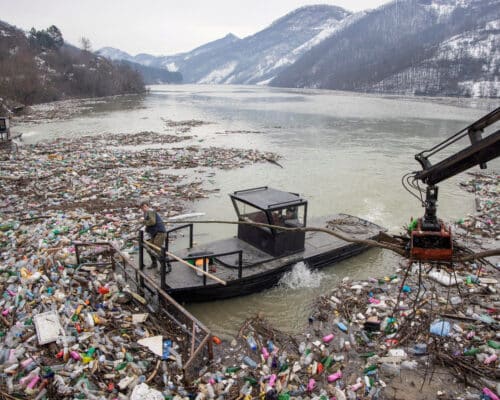Articles
UAE Names Oil Chief as COP28 President: What to Expect
COP28 promises to be a historic conference where leaders can ensure that either the 1.5°C target will live to fight another day or become entirely out of reach. The dilemma will be decided at a conference chaired by an oil boss held in one of the leading oil-exporting countries. And while many analysts are sceptical, the UAE is uniquely positioned to use its influence to aid the energy transition.
Asia’s Lower LNG Demand in 2022 Highlights Challenges for Industry Growth
Asia has suffered a turbulent year in the global gas market. Unaffordable prices have stifled Asian demand, utility profits have waned, proposed import projects have stalled, and countries are grappling with a constant threat of fuel shortages and blackouts. Should prices remain volatile, importers may increasingly seek to minimise LNG consumption, hurting the LNG industry’s long-term growth prospects.
Facts About Gas Create A Divide In Its Future
Natural gas continues to be the centre of a global debate. Can it be a viable transition fuel? It is a flexible fuel that produces less carbon dioxide than coal and oil. However, it consists of methane and is not renewable. Understanding the facts about natural gas is critical in untangling this debate.
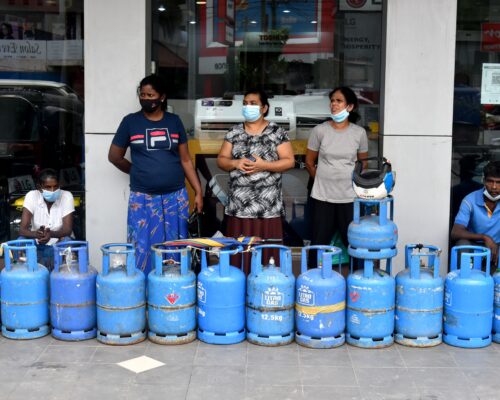
The Global Energy Crisis 2021-2023 and Political Upheaval: Could It Get Worse?
What started as a sharp post-pandemic rise in energy prices in mid-2020 has turned into a full-blown global energy crisis. How is this affecting the political stability of countries?
What Are Just Energy Transition Partnerships?
Just Energy Transition Partnerships (JETPs) are a green financing mechanism that balance the transition to renewables and equitable change for local communities. While JETPs are a relatively new financing mechanism, they show the potential to make a significant impact in the next several decades. Uplifting local communities as part of the global energy transition will make lasting positive impacts.
Bangladesh Struggling with Pricey LNG
Bangladesh has placed much of its energy future on imported liquefied natural gas (LNG) to fuel its power sector. However, all bets for LNG are off now, given its high cost and supply issues. The best way forward for the South Asian nation is renewables development.
Vietnam’s Net-zero Plans Include One Major Problem: LNG
Vietnam has set a net-zero 2050 goal. The way forward includes a mix of renewable energy development and an eventual end to coal-fired power production. However, its plan to include liquefied natural gas (LNG) as a so-called "clean fuel" misses the mark.
Energy Crisis in the Philippines and Asia
With global LNG prices reaching unprecedented highs, several countries in Asia are now facing an energy price crisis. How is this affecting the people and how are governments responding?
Singapore Must Devise New Initiatives to Replace Its Natural Gas Overreliance
Singapore is pressing ahead with a national hydrogen strategy to replace its over reliance on natural gas-fired power generation. But that strategy appears to be centred on “low carbon” hydrogen, which is still a carbon emitter, instead of green hydrogen, which produces no GHG emissions.

The Global Cooksafe Coalition and the Mission to Accelerate the Switch From Gas to Sustainable Cooking
Cooking with gas is associated with health, climate and financial concerns. The mission of the Global Cooksafe Coalition is to help households worldwide overcome them by transitioning to electric and induction cooking.
Philippines’ Gas Development Plans Are Environmentally Destructive
The Philippines' drive to pivot to LNG imports and gas-to-power development is a step in the wrong direction. Pricing dynamics for the fuel along with its carbon emissions render those plans problematic at best. Renewables offer a better alternative.
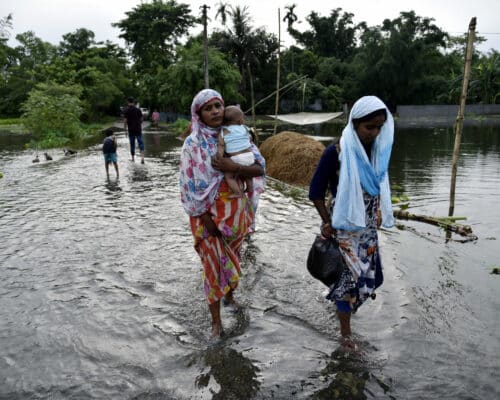
Climate Change In South Asia and the Reality of Loss and Damage
Climate change has taken a hefty toll on South Asia in 2022. While the sub-continent has always been prone to extreme weather events, the past year was especially dramatic.
What Are Debt for Nature Swaps?
As the world’s poorest countries struggle with record debt and climate change impacts, could debt-for-nature swaps be the answer?
Ocean Fertilisation: The New Way to Combat Climate Change?
Ocean fertilisation is the process of adding macronutrients to stimulate algae growth in the ocean. Algae utilise carbon in the ocean to perform photosynthesis. This process increases the quantity of carbon dioxide the ocean absorbs from the atmosphere. However, the technology is still under research, and there are currently several associated environmental concerns, like harmful algal blooms.
